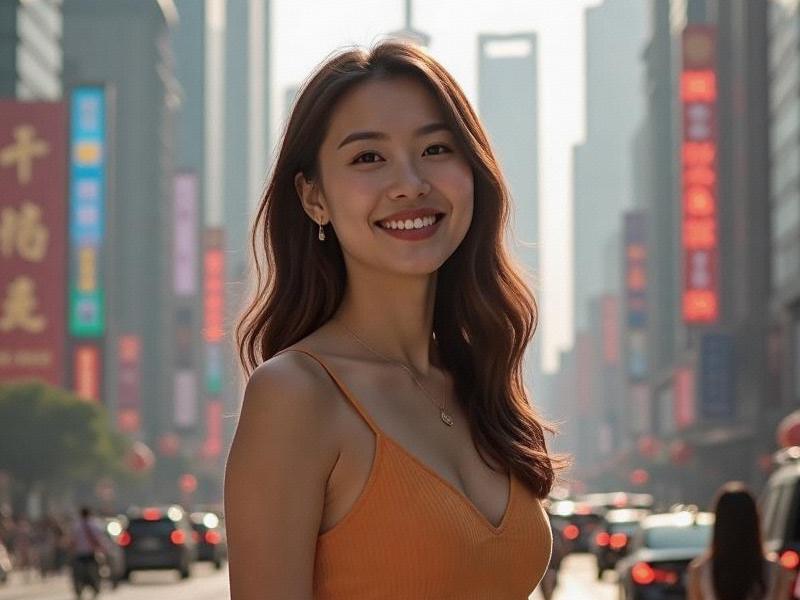This investigative feature explores how Shanghai-born women are shaping national beauty perceptions through their unique blend of Eastern elegance and Western sophistication, backed by historical context and modern data.

In the heart of China's most cosmopolitan city, a quiet revolution in beauty standards has been brewing. Shanghai women, long celebrated for their "jīngzhì" (精致) or refined elegance, are now exporting their distinctive aesthetic nationwide. According to 2024 market research by Kantar Group, searches for "Shanghai makeup style" have increased 217% across Chinese social platforms in the past three years.
The Shanghai look—characterized by porcelain-like foundation, gradient lips, and understated eye makeup—traces its roots to 1920s qípáo-clad socialites. Today's interpretation maintains this heritage while incorporating global influences. At the newly opened Shanghai Beauty Museum, curator Dr. Liang Ying explains: "Our permanent exhibit shows how Shanghai girls historically blended Western cosmetics with traditional Chinese medicine beauty techniques—a practice still visible in modern routines."
新夜上海论坛
Corporate Shanghai reflects this duality. In the Lujiazui financial district, female executives like HSBC VP Olivia Wang exemplify the "powerfully feminine" aesthetic. "My Chanel jacket and jade bracelet both serve as professional armor," Wang remarks during an interview at the Shanghai World Financial Center. This balance appears statistically significant—a 2024 LinkedIn survey found Shanghai-based female professionals receive 23% more profile views when incorporating subtle cultural elements in their work attire.
上海私人外卖工作室联系方式
The economic impact is substantial. Local beauty brands like Pechoin and Herborist report 38% higher sales in Shanghai than other tier-1 cities. International players have taken note—L'Oréal recently established its Asia-Pacific trend forecasting lab in Xuhui District, staffed predominantly by Shanghai-born researchers.
爱上海419论坛
However, critics argue the Shanghai standard creates unrealistic expectations. Psychology professor Chen Xi from Fudan University warns: "Our studies show rising anxiety among migartnwomen pressured to adopt the 'Shanghai look' for career advancement." The municipal government has responded with inclusive beauty campaigns featuring diverse role models.
As Shanghai solidifies its position as China's fashion capital, its native women continue redefining what beauty means in modern China—one perfectly blended makeup look at a time.